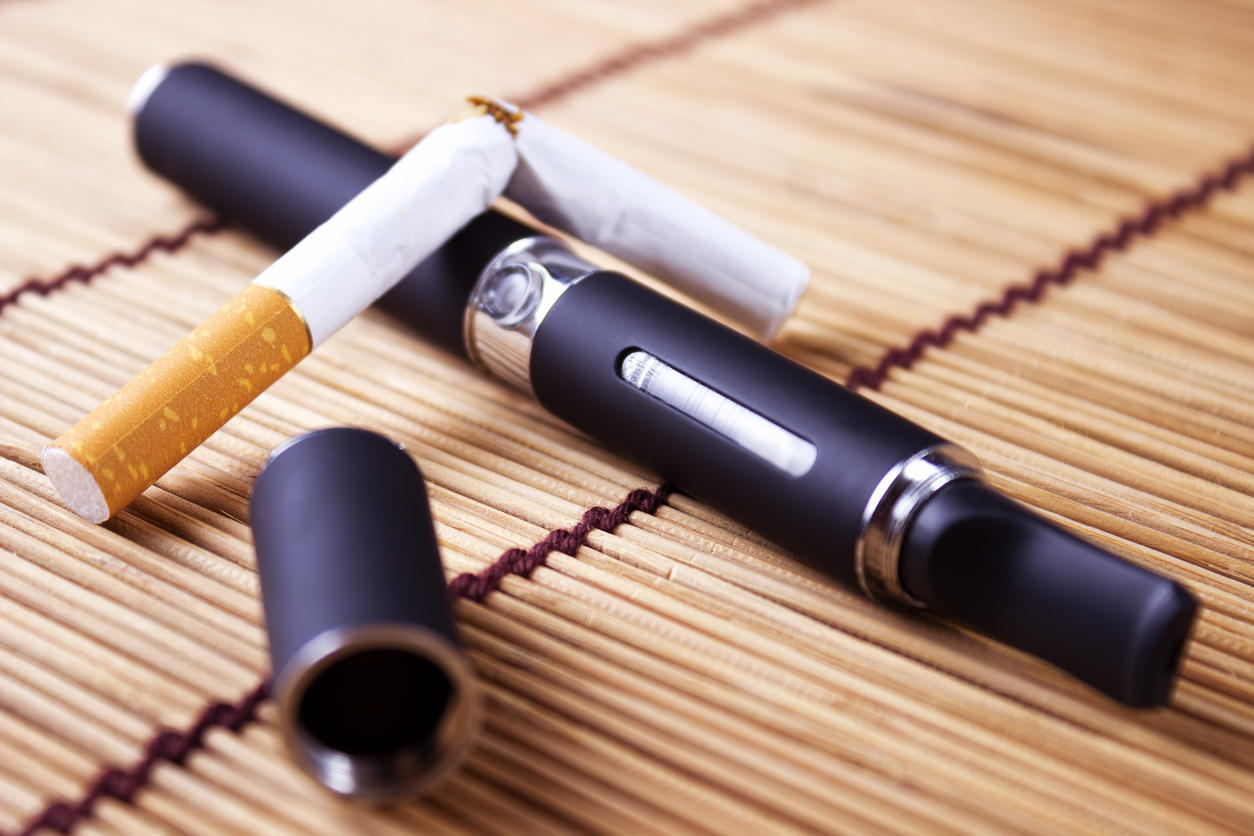WHO ‘misinformation’ turning African smokers away from vapes, consumer bodies say
May 30, 2024

Consumer organisations have expressed concern over the results of a new poll showing over two thirds of smokers in three African countries incorrectly believe vaping is equally as harmful as smoking.
As per the survey conducted by Ipsos for the think tank network We Are Innovation 78 per cent of smokers in South Africa, 70 per cent in Nigeria and 69 per cent in Kenya stated that they believe vaping is equally as harmful as smoking.
The World Vapers’ Alliance (WVA), Campaign for Safer Alternatives (CASA), Foundation for Consumer Freedom Advancement, Vaping Saved My Life and THR Nigeria blamed this “misinformation epidemic” on repeated statements from key institutions such as the World Health Organisation (WHO).
In the last six months alone, the WHO has published vaping and nicotine misinformation on more than ten occasions, including statements suggesting that vaping causes cancer and asserting that vapes often contain more toxicants than cigarettes, they pointed out, adding that this goes against most recent research and statements from public health authorities such as the UK’s National Health Service. The latter has published a guide to “Vaping Myths and Facts”, debunking some of the most significant misconceptions about vaping to help smokers access high-quality information.
The organisations added that the countries that have been most successful in reducing smoking rates, such as Sweden and New Zealand, have embraced smoke-free nicotine alternatives in recent years, thereby significantly reducing smoking prevalence.
Sweden, which initiated the process much earlier, has already seen significant progress in public health outcomes, including an incidence of lung cancer death 41 per cent lower than the EU average.
Commenting on the misinformation epidemic on World Vape Day, World Vapers’ Alliance director Michael Landl said: “The WHO is neglecting its responsibility to the world’s 1.1 billion smokers and is actively providing fearmongering, false information, depriving them of what has been proven to be the most successful tool we have in the fight against smoking.”
Joseph Magero, chairman at CASA, added: “Vaping is 95 per cent less harmful than smoking. Public health officials have a responsibility to tell smokers this and save millions of lives in the process.”
Uche Olatunji, project manager at THR Nigeria, stated: “We have a unique opportunity to lead by example and prioritise harm reduction. By embracing safer nicotine alternatives, we can significantly reduce smoking rates and improve public health.”
Kurt Yeo, the founder of Vaping Saved My Life, said: “Although not risk-free, vaping has been proven to be significantly less harmful than smoking traditional tobacco. This has not only been supported by testimonials of former smokers who managed to switch to vaping on the differences they have seen in their health but also through biomarker analysis conducted as a predictor of potential harm. Public health officials have a responsibility and a duty to inform the smoking public of all the available evidence to help them make better choices and potentially save millions of lives in the process.”
